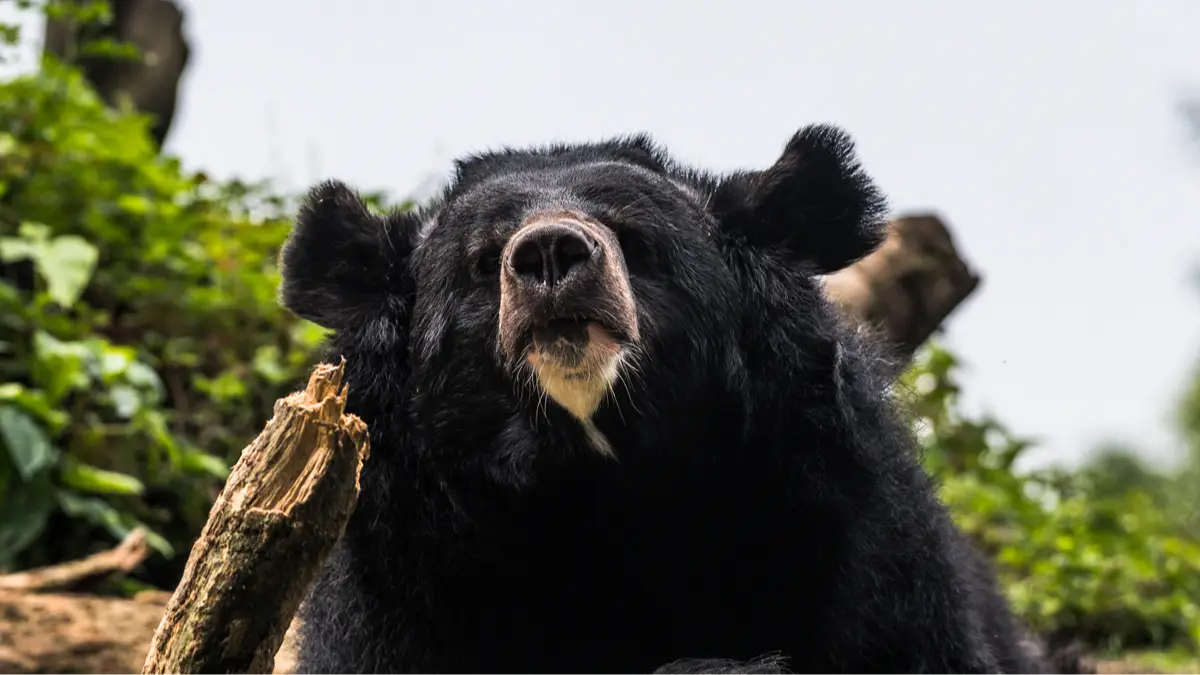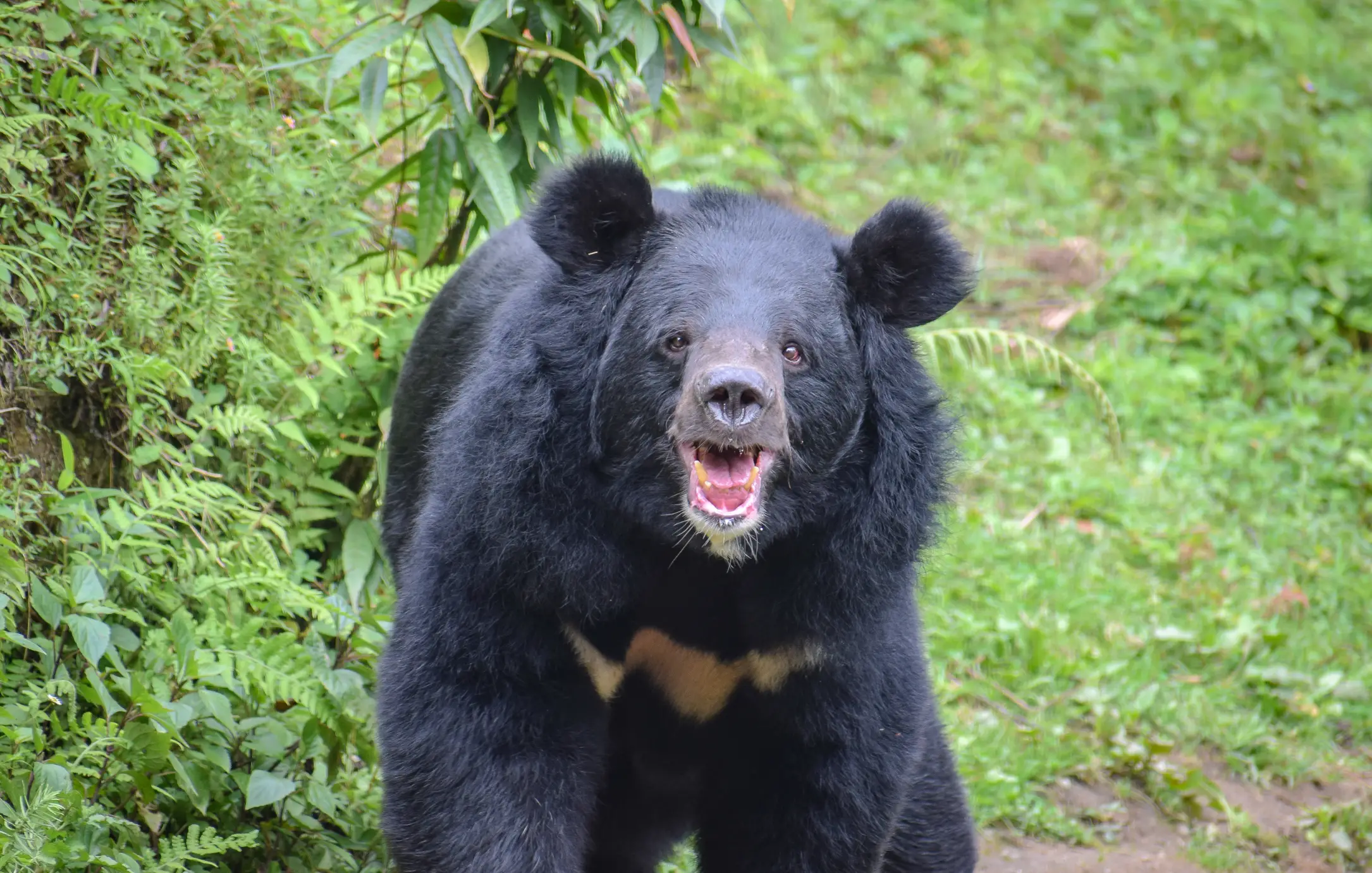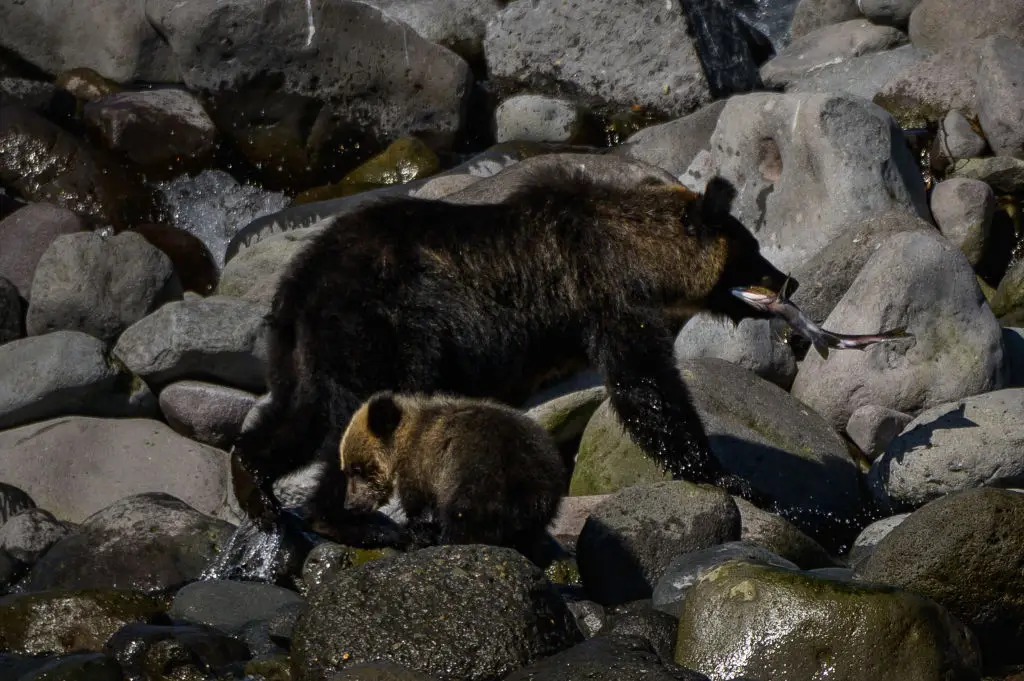
Bears have taken the lives of three people in the space of a single week in Japan.
The country's Iwate Prefecture has been rocked the past week since bears have appeared to maul three people, including an elderly man picking mushrooms in a forest and another man who was left decapitated in the attack.
In recent years, the number of encounters with bears leading to an attack or even death has soared, with officials across Japan concerned about the impact the animals could pose to tourism in certain hotspots.
Over the summer, an 81-year-old Iwate woman was killed by a bear inside her own home, while a 26-year-old was found dead following a hiking trip along the mountain trail in Hokkaido.
Advert
Now, fears are ramping up with reports suggesting a further three may have succumbed to the same grisly fate.
Early last week on Wednesday (October 8), police said they discovered a deceased man in Iwate who appeared to have also been savagely attacked by a bear.

Local outlet TV Iwate said the victim's head had been decapitated from his torso.
Then days later, local police told AFP that a man in his 70s was reported missing after he went scavenging in the woods. It wasn't until Friday (October 10) that his body was found with injuries consistent with being mauled.
"We suspect he was attacked by a bear based on scratch marks," officials said of the pensioner's death.
Then on Saturday (October 11), a 78-year-old man was found dead in the Nagano Prefecture with several claw marks similarly found lashed across his body.
Police said to AFP that while they suspect a bear is to blame again, his cause of death is currently pending an investigation.
The news comes as Japan has recorded an increase in wild bear attacks in recent years, accelerated due to climate change and a decline in population in some areas.
The country is home to two species of bears: the Ussuri brown bear, which can weigh in at up to 1,210lbs, and the Asian black bear which can weigh as much as 440lbs.
While the former are mostly vegetarian, they are famously territorial and have been known to kill any prey they come across in their habitats.
Meanwhile, Asian black bears are omnivorous, chowing down on insects, fruits, nuts, birds and small mammals.
According to Japan's Environment Ministry, a staggering number of people have been injured by bears between April and September this year, at around 103 people across the country.

An attack unfolded just last week on Monday (October 6) when a 44-year-old Spanish tourist came face-to-face with the animal while making way to a bus stop in Shirakawa-go, a UN World Heritage site in central Japan.
Then on the next day, Tuesday (October 7), a bear wandered into a supermarket at around 7.30pm local time in Numata City - something managers said had never happened before.
The Gunma Prefectural Government Office confirmed the bear managed to injure two people while in the store.
"A bear entered a supermarket, injuring one man, and another man was attacked and injured by the bear when he noticed the bear at the entrance and tried to escape,” the office stated. Fortunately, both men sustained non-life-threatening injuries.
A bear also reportedly managed to gain entry into an elderly nursing home after breaking through a window in Aizu Town, Fukushima Prefecture, last month, though it fortunately fled the scene without injuring any of the residents or staff.
As for the death toll of bears killing people across Japan, official records said there had been at least six since April.
However, with the suspected additional three last week, it's likely the agency could report a record number of deaths from bears this year.
Topics: Japan, Climate Change, World News